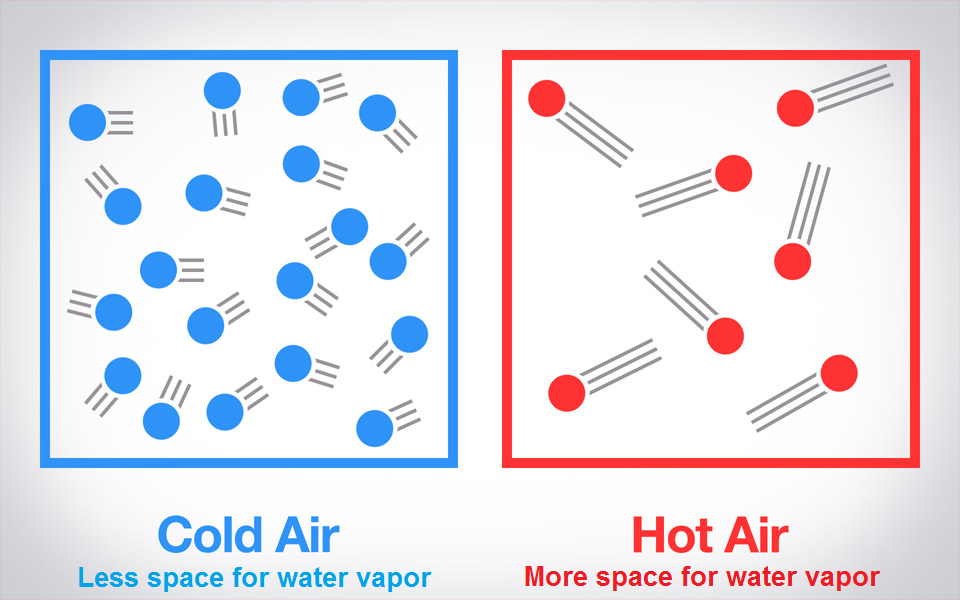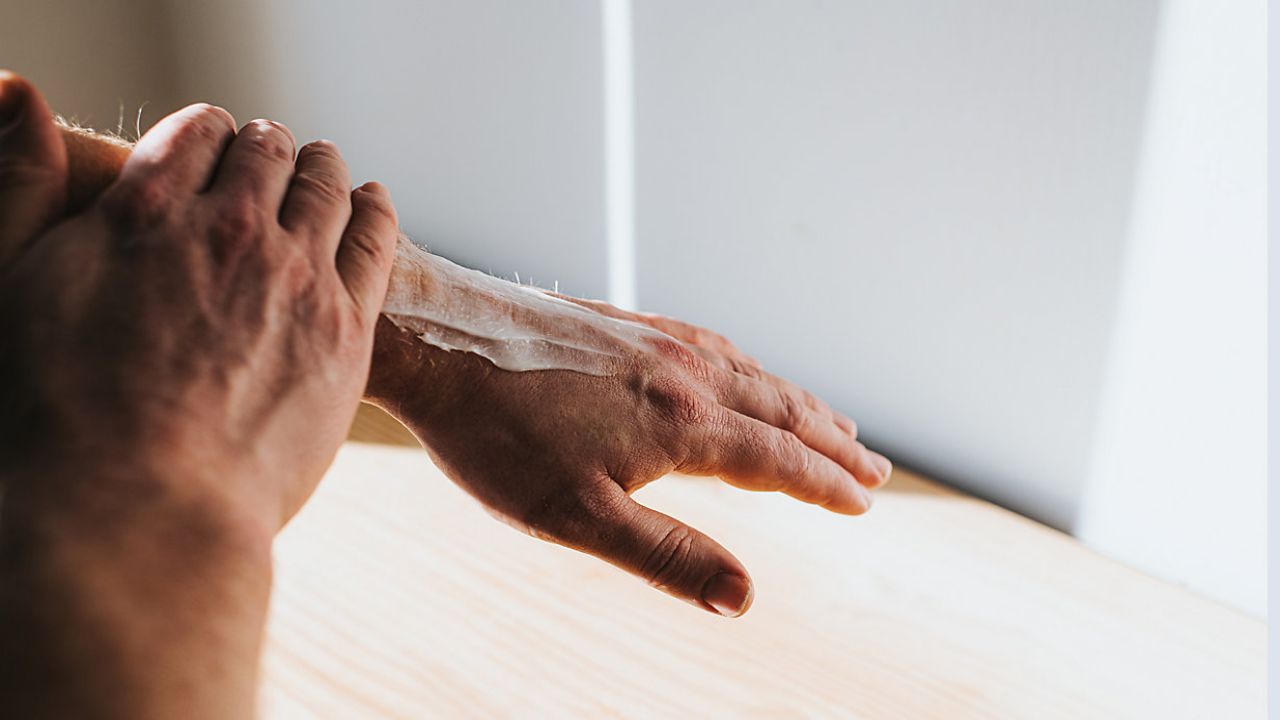Earlier this month, we had a nice, long stretch of rain-free weather, but it came with a really dry air mass.
What You Need To Know
- The dew point temperatures tell us the amount of moisture in the atmosphere
- The lower the dew point temperature, the drier the air
- Dry air can lead to cracked skin and other discomforts
We here in North Carolina love to complain about the humidity, but I am here today to complain about the lack thereof. Because of the pandemic, I've been working out outside a lot, so I have noticed the impacts dry air can have on you.
Meteorologists talk about this number a lot, especially as we inch towards the summer season, to let you know how humid it will be. But very low dew point temperatures, like the ones we had at the beginning of March, should also be noted.
One morning I tweeted that I saw a dew point temperature at 8 degrees. For perspective, you start to feel moisture when the dew point gets into the 60s.
The dew point temperature is the temperature the air would have to cool to in order to reach saturation. The measure of the dew point is related to humidity. A low dew point means there is less moisture in the air.
A dry air mass can lead to chapped, cracked, and flakey skin. It can also make you extra thirsty and leave your clothes staticky.
The air outside is drier in the winter because cold air can't hold as much moisture as warm air. An 86-degree day can hold three times as much moisture as a 50-degree day!

You may say, no problem, I'll stay inside when it's cold and bone-dry. Well, sorry to tell you, but indoor air is often stripped of moisture by heating systems.
Certain parts of our bodies are more sensitive to dry air than others. The skin on our backs and face can produce more natural oils than our legs and arms. Our lips don't produce any oils at all!
With the pandemic, we've been washing our hands more than usual. This is good for our health but rough on our already dry hands.
When you hear a meteorologist say the air will turn dry, you'll want to make sure you have or do the following:
- Use a humidifier to help moisten the air
- Keep lip balm and hand lotion close by
- Pack a dryer sheet to prevent static cling
- Take shorter, cooler showers
- Drink plenty of water





